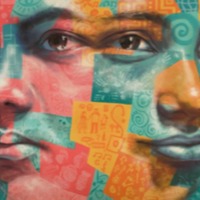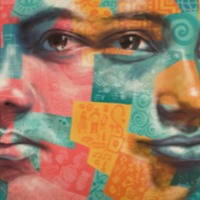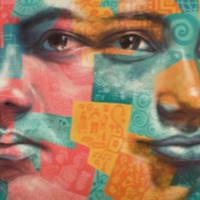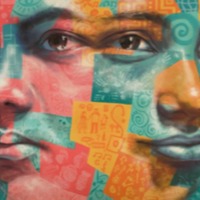
Snow White
There are an estimated 610,000 people living in conditions of modern slavery in Thailand (GSI 2018). Labour trafficking victims are often exploited in commercial fishing and related industries, the poultry industry, manufacturing, agriculture, and domestic work, or forced into street begging. Corruption continues to undermine anti-trafficking efforts. Some government officials are directly complicit in trafficking crimes, including through accepting bribes or loans from business owners and brothels where victims are exploited. Snow White was forced to work at a cannabis farm in Thailand. She was locked in the house with her food restricted and no access to showering facilities.

Dinh
There are an estimated 136,000 people living on conditions of modern slavery un the United Kingdom (Global Slavery Index 2018). According to the 2017 annual figures provided by the National Crime Agency, 5, 145 potential victims of modern slavery were referred through the National Referral Mechanism in 2017, of whom 2,454 were female, 2688 were male and 3 were transgender, with 41% of all referrals being children at the time of exploitation. People are subjected to slavery in the UK in the form of domestic servitude, labour exploitation, organ harvesting and sexual exploitation, with the largest number of potential victims originating from Albania, China, Vietnam and Nigeria. This data however does not consider the unknown numbers of victims that are not reported. Dinh was an orphan and homeless in Vietnam after his parents died in a mining accident. Living on the streets and shining shoes, one day one of Dinh’s customers said she could help him get work in the UK. However, upon arrival he was taken by two men and forced to cook and clean for his traffickers for 5 years. Subjected to physical violence and threats, Dinh was also forced to cultivate cannabis plants and was arrested by the police, spending 7 months in prison before he was found not guilty and taken to Hestia.

Hung
Cases of modern slavery have been uncovered in diverse sectors and locations of the United Kingdom—from Vietnamese children locked into Manchester flats to grow cannabis to Albanian women and girls sexually exploited in the London sex industry, and to the hundreds of men working low or semi-skilled jobs trapped in situations of debt bondage. The National Crime Agency estimates 3,309 potential victims of human trafficking came into contact with the State or an NGO in 2014. The latest government statistics derived from the UK National Referral Mechanism in 2014 reveal 2,340 potential victims of trafficking from 96 countries of origin, of whom 61 percent were female and 29 percent were children. Hung’s experience demonstrates various difficulties of being both a child survivor of slavery and an immigrant without legal status, especially those who do not speak the language of the destination country. In Hung’s case, his age could not be verified by authorities, and therefore he was not treated as a minor. Despite eventually being released from prison, he still has a criminal record.

Chi
The Global Slavery Index 2018 estimates that on any given day in 2016, an estimated 3.6 million men, women and chidlren were living in modern slavery in Europe and Central Asia. People are subjected to exploitation in forced labour, debt bondage and forced sexual exploitation. Government response in Europe is particularly strong with a number of regional bodies holding them account and monitoring responses, and while countries in Central Asia have taken steps to tack modern slavery, more needs to be done. “Chi” was trafficked from Southeast Asia for the purpose of growing cannabis, though he expected that he would be undertaking legal work in his destination country. His story demonstrates how enslavement can intersect with other illegal industries.